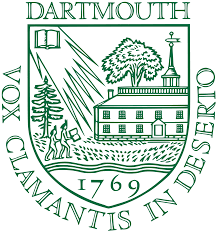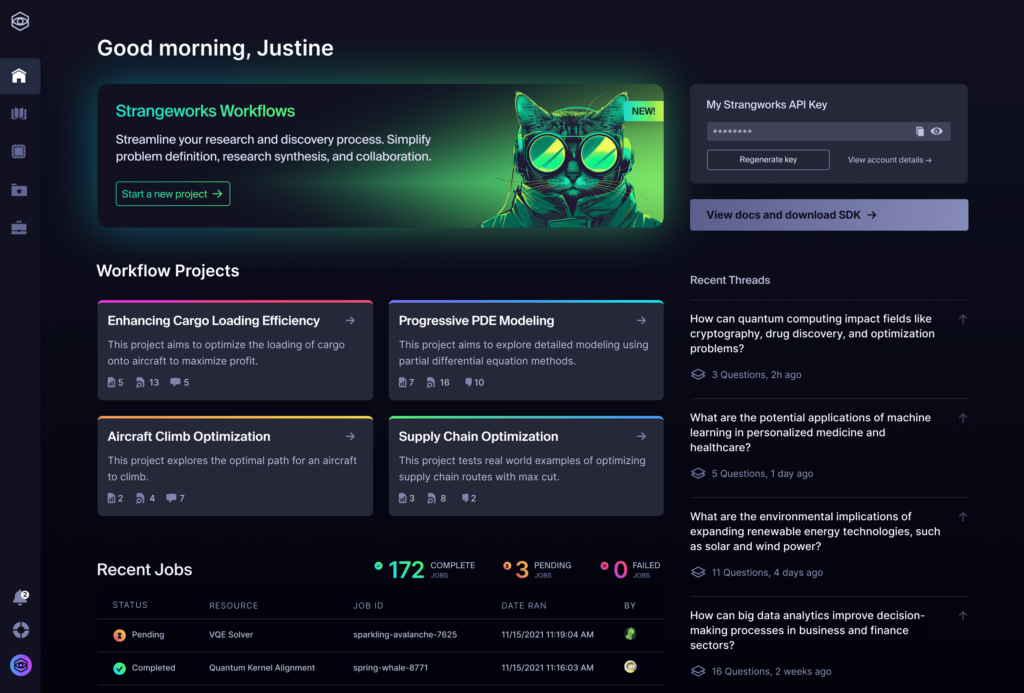 Scarcity
Scarcity
One of the biggest obstacles for the establishment of a fluid quantum workforce is the dearth of platforms offering educational opportunities within the industry — and though this is nothing surprising for a nascent sector, the quicker entrepreneurs, venture capitalists and governments realize this, the better it will be for all of us.
And though platforms exist that offer rigorous courses (many of them free) on quantum mechanics and how the science can be applied to information theory and other areas of quantum tech, the industry will still be playing catch up to other notable Industry 4.0 technologies like blockchain, IoT, ML, and AI until they scale.
Educational platforms from SheQuantum, QPlayLearn, Strangeworks’ Quantumcomputing.com, Qureca’s Quantum For Everyone, and the offering from Quantum Computing UK represent the great work being done by startups around the world.
IBM and others are doing wonderful things for the corporate corner, too, though some would say it’s not enough.
Patience isn’t a virtue for some people in the industry, who want to see quantum tech’s revolutionary capabilities affecting the world NOW.

Wishful thinking, really, because though we’re likely to see advancements in combinatorial optimization algorithms in fields such as economics and logistics, it’s a long, long road till we see quantum computers in our homes or quantum chips operating our own robots.
That hasn’t discouraged a group of guys, though, and their startup based in the most unlikely of places from adding value to the ecosystem with their own approach on changing how the world perceives quantum.
qBraid
Out of the sleepy New Hampshire town of Hanover, which happens to be home to both Dartmouth College and the US Army Corps of Engineers Cold Regions Research and Engineering Laboratory, qBraid — founded in 2019 — wants to prepare the quantum workforce for what’s to come.
Without beating about the bush, the startup provides a painless cloud ecosystem where quantum computing enthusiasts can “write quantum code compatible across all quantum hardware, and interoperable with all quantum algorithm development tools” by utilizing off-the-shelf software packages from IBM, Google, Rigetti Computing, and Cambridge Quantum Computing (CQC) to help solve problems in disciplines like chemistry and cryptography.
Build, run, and leverage software for your research on a streamlined and collaborative platform. Software environments and hardware integrations are managed by qBraid, so researchers can program on quantum and classical machines more easily
— qBraid
This is a boon in and of itself, but the educational portion of the platform is even better by offering highly interactive materials of different levels, from basic courses for the quantum dilettante to more advanced tutorials for those more interested in those in-depth research topics.
All this wouldn’t have been possible without the hard work and solid acumen of the founding team of Kanav Setia, Andrea Coladangelo, Jared Heath, and Elliot Potter.
The Incredibles
Kanav Setia is a former researcher at the Quantum Computing group at IBM and a postdoctoral scholar at Dartmouth College, whose research focuses on quantum algorithms for simulating quantum chemistry systems on quantum computers.
A former Research Fellow at the Simons Institute for the Theory of Computing, Andrea Coladangelo is a postdoctoral scholar in the computer science department at UC Berkeley researching quantum cryptography. Like Setia, his CV also includes time as a researcher at the Quantum Computing group at IBM.
Jared Heath is a software engineer with five years’ experience as a full-stack developer and technical lead. Prior to qBraid, Heath worked in renewable energy, photonics, cryptography, and cloud services.

An undergraduate at Dartmouth College majoring in physics, Elliot Potter has experience in cloud infrastructure, web development and robotics.
People of Influence
Supporting the team in their quest is their partnerships with Quantum Information Science at Dartmouth, Black River Innovation Campus, QUIUC, the quantum computing organization based at the University of Illinois Urbana-Champaign, Q-munity, a non-profit based out of New York City which has ties to NYU and IBM Quantum, the Stanford Quantum, the MIT Delta-V accelerator and the MIT Sandbox incubator while early support came from the Magnuson Center and $10,000 from the DALI Lab pitch competition.
With a loaded cannon in the form of the support above, along with the crack team of entrepreneurial scientists ready to take on the world, qBraid looks set to create its place in an industry and offer the wider community all the educational tools required to start a successful career in quantum information science.
If you found this article to be informative, you can explore more current quantum news here, exclusives, interviews, and podcasts.




















